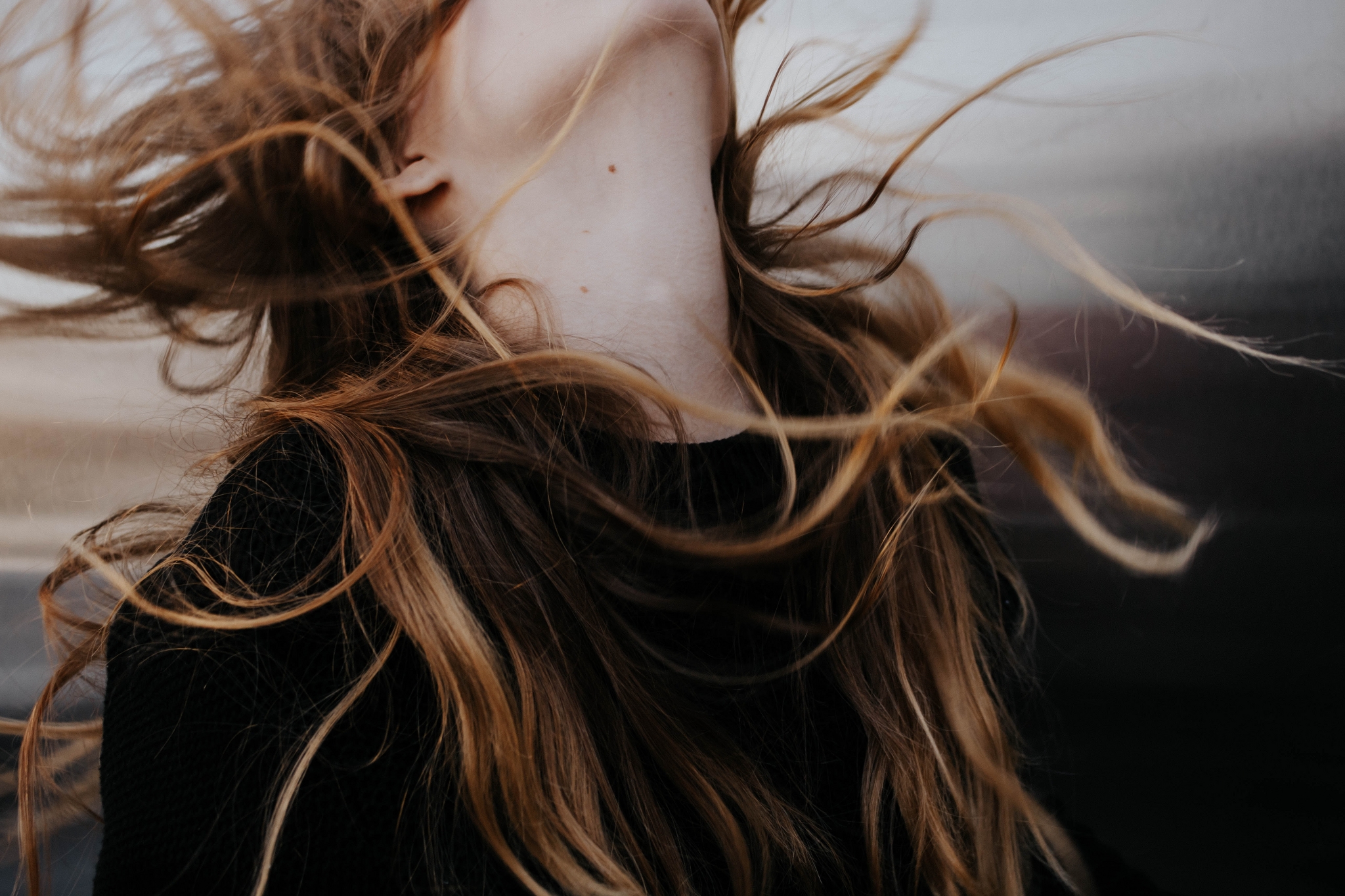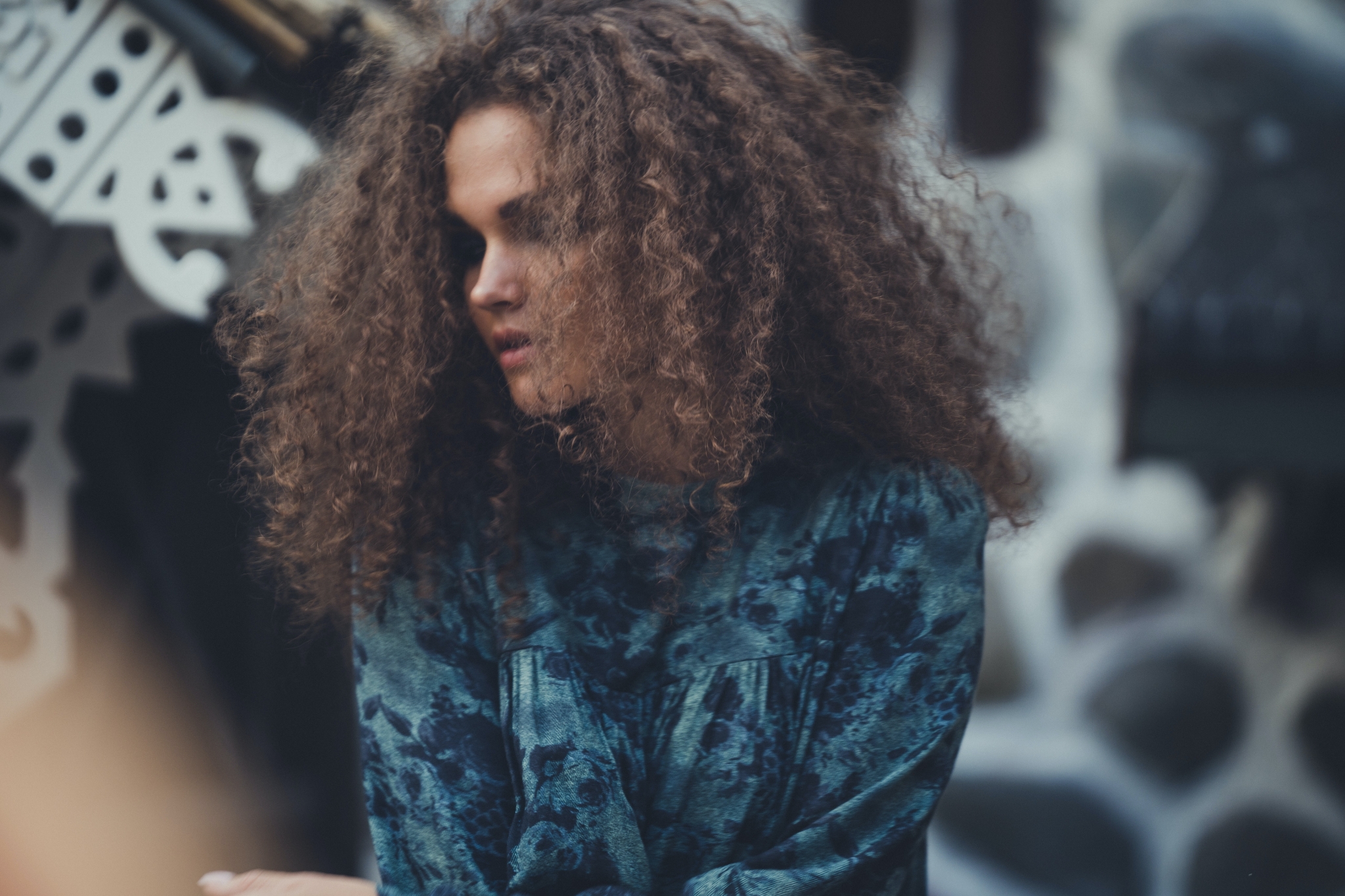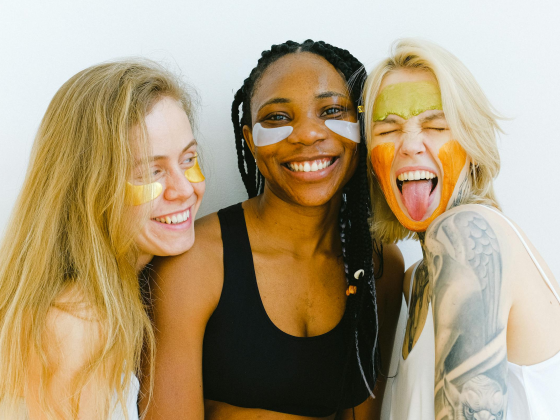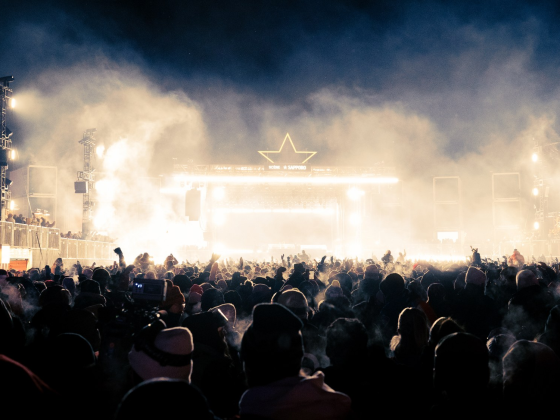Take special care of your hair in the winter because you may have problems with your hair that you have not had before. Hair starts to electrify or become greasy, lose volume or dandruff. Problems occur whether you wear a hat or walk with your head naked. Can you remedy them? Of course! Proper hair care in winter will help.
Do I have to take care of my hair differently in winter than at other times of the year? Frost does not generally harm your hair, but is not indifferent to the scalp. The cold makes the sebaceous glands work more slowly, so the hair is deprived of a natural protective layer of fat and more susceptible to damage. They also become weaker and may fall out too much because the blood vessels narrow in the cold, so less nutrients reach the hair follicles.
Besides, remember that walking in winter with your head naked, you are more likely to suffer from sinusitis, ears or common colds. That is why it is important to wear a cap – although hair underneath it does not feel good either and may cause trouble, but you will be able to cope with it much easier.

Winter hair care: greasy and electrifying hair
Hair becomes greasy because the skin heats up under the hat and the sebaceous glands work more intensively. So try to wear hats that are at least a little airy so that the skin can breathe. Wash greasy hair as often as they need to, even every day, it really doesn’t matter. Use a shampoo for fine or oily hair – this kind of cosmetic moisturizes the scalp, does not dry it out and does not provoke increased sebum secretion. Choose conditioners and lotions that are light in texture and rinse off. It is best if you finish by pouring cool water on your head – this way you will “cool down” the sebaceous glands and hair will look fresh longer.
Hair electrifies itself because when rubbed against artificial fibers (cap, scarf) it produces large amounts of negatively charged particles that repel each other. And damaged and dry hair is more susceptible to electrification and scaring.
Winter is one of the most harmful pores for our hair. Cool days outside and heating inside can dry out your hair until it loses its shine, volume and becomes inert and fragile. Nevertheless, if you take proper care of it, you can avoid this “winter weakness”.
Steps to take:
Use good hair products. Use regenerating and protecting shampoos, as well as protecting conditioners and regenerating treatments. You can also get a product that protects against hair curling and adds shine. If the ends of your hair start to split, use a serum – the ends will stick together and stop the hair from splitting again. Before you expose your hair to any more heat, use a heat protection spray to stop the hair from destroying even more than it already is.
Eat a lot of vegetables and fruit for vitamins that will make your hair stronger and shine more. Make sure you eat at least 5 vegetables or fruits a day. If you know that you do not have enough vitamins in your daily diet, take the vitamins in a pill, of course, after consulting your doctor. You may not need to take them every day and every few days.
To protect your hair from the cold: When you go out, try to put on a stylish hat. Make sure you always wear an umbrella just in case. Keep a smoothing serum with you in case the weather is wet and your hair is damaged.
Be nice to your hair: Try to wear your hair up rather than straightened, or try to wear it completely naturally. Don’t tie your hair back, you will put more weight on it.
The basis for hair care in winter are properly selected cosmetics. There are products on the market that eliminate electrostatic effects, which close the scales of hair, smooth it and prevent frizz. Hair polishes also have an antistatic effect. Just spray your hair at a distance of about 30 cm and spread it with your hands.
In addition, you should nourish your hair properly. If you have noticed that your hair is greasy, change your shampoo for a deep cleansing. If the ends split, use a conditioner to rebuild your hair.
Hair care in winter: dandruffy, dandruff and dull hair
Hair is covered because the cap crushes the hair to the head, especially when it is not thoroughly dried out. This is why you should never leave your hair even slightly damp. Use volumizing cosmetics – shampoos, conditioners and mousses – to wash and style your hair, which lift it at the roots. Dry them with a rather cool stream of air (it takes longer but is more effective), brushing through the strands with your fingers and brush. Blow-dry by leaning your head forward – then the hair “bounces off” the skin. After removing the cap, it is also best to brush the hair a few times and spray with hairspray.
Dandruff is intensified because on the skin heated by the cap there are conditions conducive to the reproduction of the fungus Pityrosporum ovale, responsible for this unpleasant ailment. Dandruff often occurs simultaneously with seborrhea. What should you do?
Use an anti-dandruff shampoo to wash your head, e.g. with zinc or tar compounds that inhibit the proliferation of yeasts and regulate the sebaceous glands.
Limit the use of styling paints and cosmetics – foams, gels, lacquers – because they can irritate the scalp and aggravate dandruff.
For scalp care, choose moisturizing cosmetics with a light consistency, not blocking the pores and hair follicle outlets.
In winter, it is worth deciding on hair extensions. Viola Hair Extensions offers accessories and tools for hair extensions – human hair extensions, professional hair extensions.








